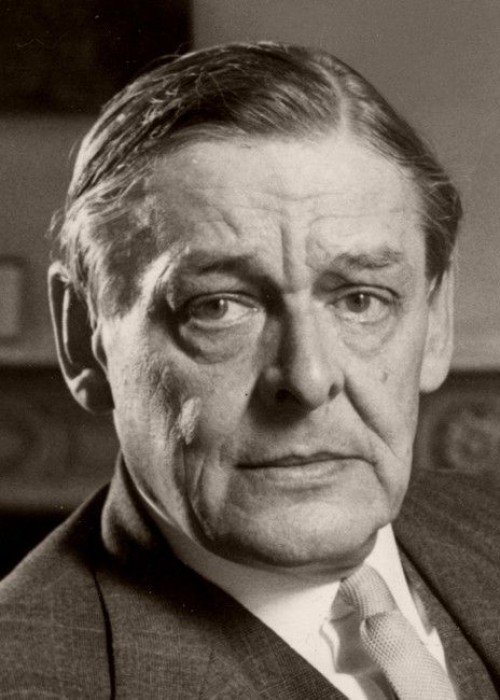Thomas Eliot: Poetry and Legacy.

Thomas Eliot (1888-1965) was a British poet, essayist, and playwright who was widely regarded as one of the 20th century's most important literary figures. He was born in St. Louis, Missouri, and studied at Harvard University, where he began writing poetry. In 1915, he moved to London, where he became part of the city's literary scene and published his first book of poetry, "Prufrock and Other Observations," in 1917.
Eliot's early poetry is characterized by its modernist style and focus on urban life and the alienation of the individual. In "The Love Song of J. Alfred Prufrock," for example, the speaker is a man who is trapped in his own thoughts and unable to connect with others. The poem is also notable for its use of stream-of-consciousness and the incorporation of references to other works of literature.
Eliot's most famous poem, "The Waste Land," was published in 1922 and is considered one of the greatest works of modernist literature. The poem is a complex exploration of the disillusionment and despair of the post-World War I era, and it draws on a wide range of literary and cultural references, including mythology, the Bible, and Shakespeare. It is also notable for its use of a wide range of poetic techniques, including fragmentation, juxtaposition, and the incorporation of different voices.
In addition to his poetry, Eliot also wrote plays, including "Murder in the Cathedral" (1935) and "The Family Reunion" (1939). His plays are notable for their exploration of religious themes and the use of a chorus to comment on the action.
Eliot's critical essays, such as "Tradition and the Individual Talent" (1919) and "The Metaphysical Poets" (1921), also had a significant impact on the literary world. In these essays, Eliot argues that literature should be understood in the context of tradition and that the true value of a work of art lies in its ability to connect with the past.
Eliot converted to Anglicanism in 1927 and his later work reflects his religious beliefs. His "Four Quartets" (1943) is a series of four poems that explore the nature of time and the human relationship to the divine. These poems are considered some of his most profound and moving work and are widely studied in literature classes.
Eliot was awarded the Nobel Prize in Literature in 1948 in recognition of his outstanding contributions to the field. He died in London in 1965 and is buried in East Coker, the village in Somerset from which his ancestors emigrated to America.
Eliot's poetry and criticism continue to be widely read and studied, and his influence can be seen in the work of many poets, playwrights, and critics who followed him. He is considered one of the most important poets of the 20th century and his work continues to be relevant in the 21st century.
In conclusion, Thomas Eliot was a British poet, essayist and playwright who is widely regarded as one of the most important literary figures of the 20th century. His poetry, plays, and criticism had a significant impact on the literary world, influencing many poets, playwrights, and critics who followed him. His most famous poem, "The Waste Land," is considered one of the greatest works of modernist literature and his "Four Quartets" is widely studied in literature classes. His work continues to be relevant in the 21st century and he remains a towering figure in the world of literature.